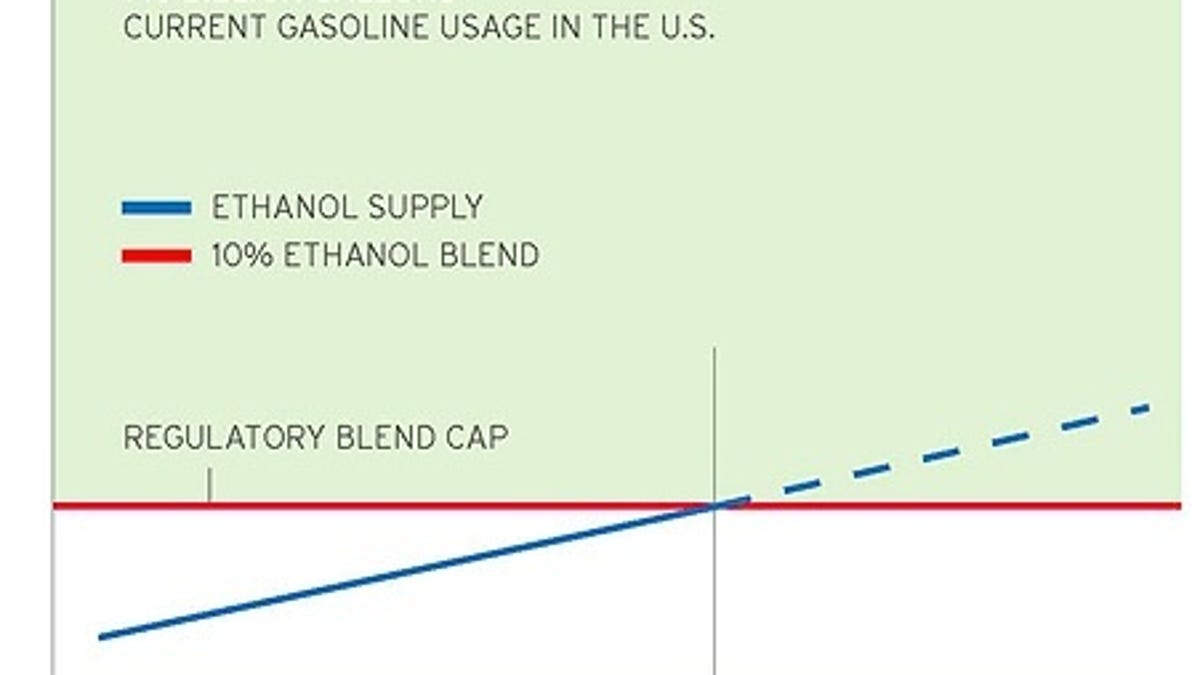EPA to approve E15 for cars built in 2001 and later
The EPA's decision to allow E15 in more vehicles is good for ethanol producers, but what about the consumer?

The Environmental Protection Agency is expected to approve the use of E15 for vehicles built in 2001 or later, according to a Bloomberg article. E15 is a blend of 85 percent gasoline and 15 percent ethanol, and is opposed by automotive manufacturers that say the increased ethanol amount could harm vehicle engines and fueling systems.
The EPA's anticipated decision, which could be announced today, builds upon the temporary waiver the agency granted last year to Growth Energy, a pro-ethanol group comprised of alternative fuel manufacturers and suppliers. At present, gasoline can be blended up to 10 percent with ethanol for all vehicles, but the waiver allows the use of E15 in vehicles built in 2007 or later. Manufacturers are appealing the decision, arguing that more testing is needed to prove the blend is safe for vehicles. The EPA was waiting for additional testing on vehicles built from 2001 to 2007 until it granted the use of E15 for those vehicle model years. The testing was completed in November, but the findings have not yet been released.
Increasing the number of vehicles on the road that can use the higher ethanol blend will help the U.S. comply with its mandate to consume 13.95 billion gallons of ethanol in 2011. It's also going to help bolster the weak ethanol market, which sent a lot of alternative fuel producers and suppliers to bankruptcy court over the last 18 months, according to Bloomberg.
But what about the consumer? Approving the use of E15 in more cars probably means that the EPA's testing didn't find damage in engines or fueling systems. But ethanol has lower energy density than gasoline, and drivers could experience a small decrease in fuel economy from the increased amounts of ethanol.
A potential upside is that it could help stabilize fuel prices for consumers as oil prices rise. Refiners receive a 45-cent tax credit for each gallon of ethanol they use. By using more ethanol to increase the number of gallons of gasoline produced from a barrel of oil, refiners could theoretically offset the rising oil prices. The average price for a gallon of gas in the U.S. has risen slowly but steadily since last fall with an average price of $3.10 for a gallon of regular gas last week.
Source: Bloomberg

